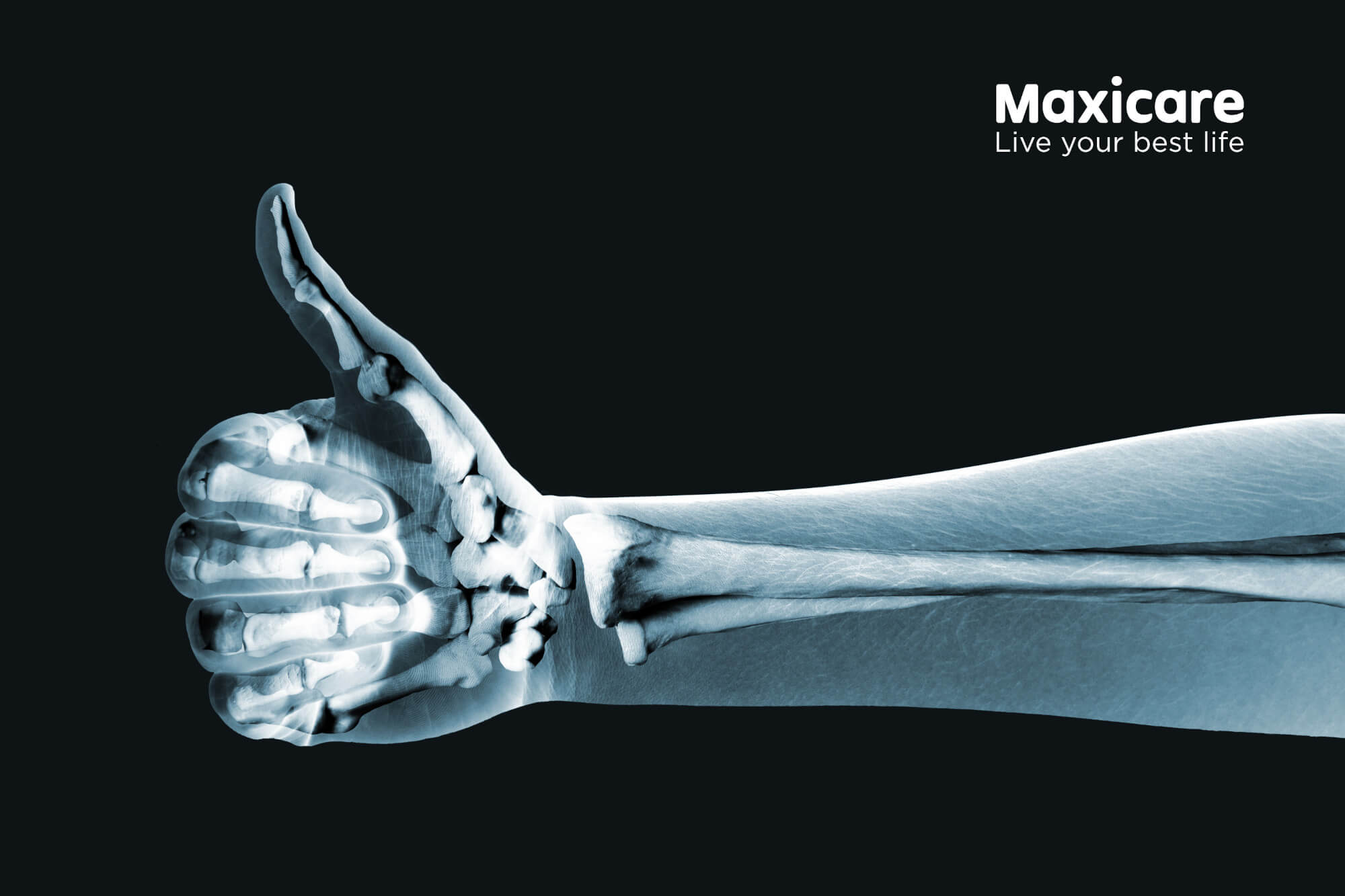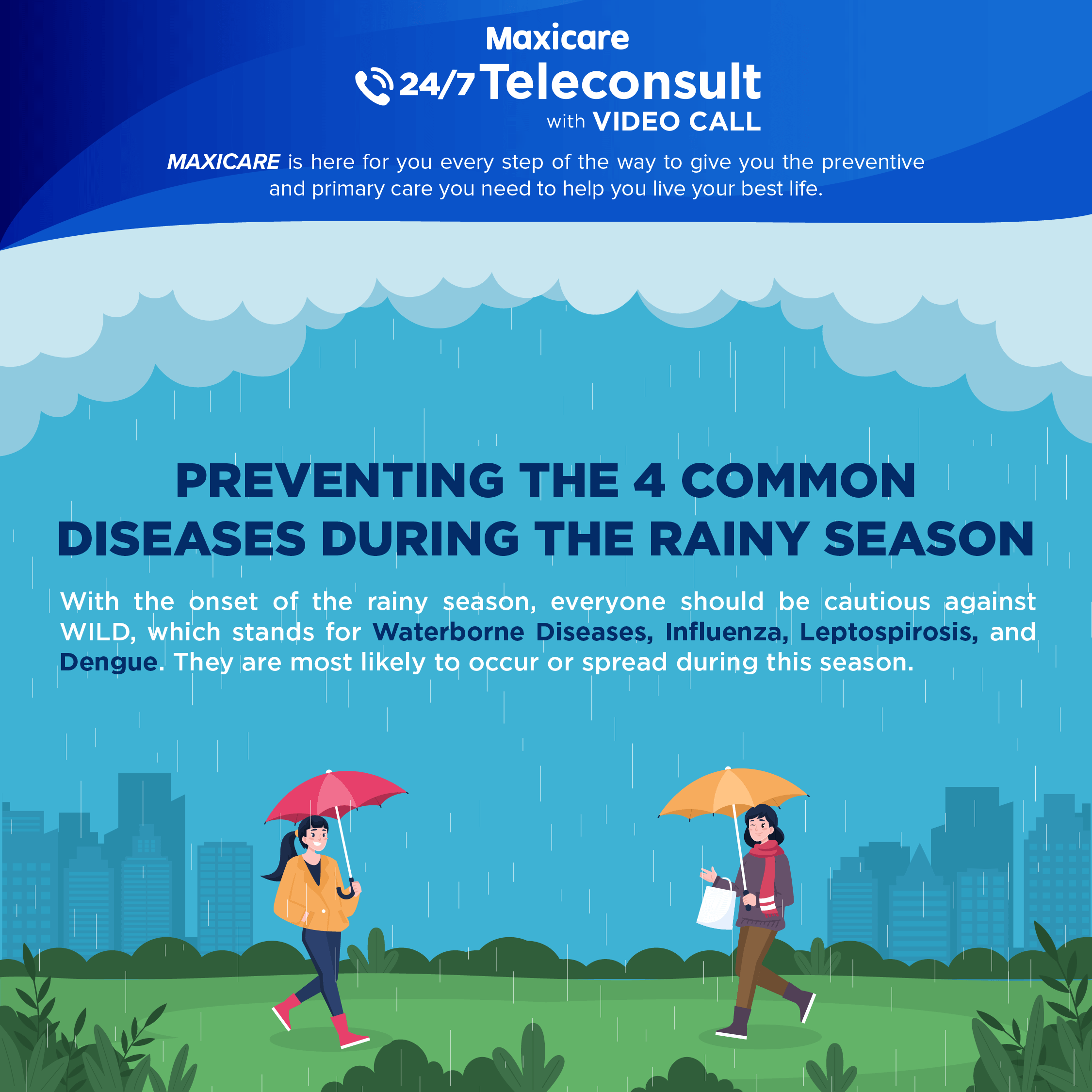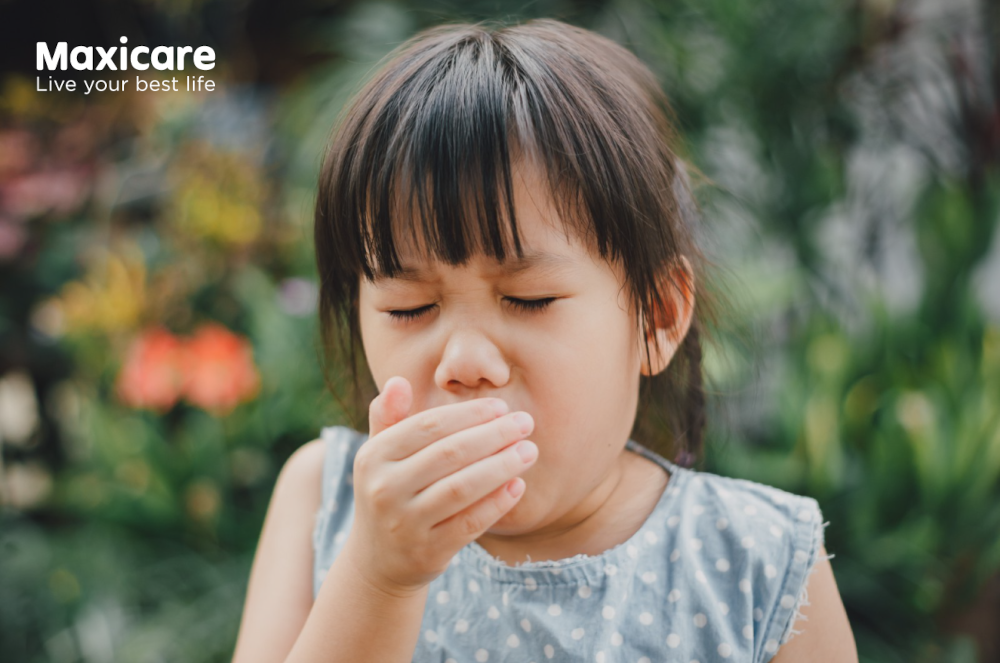
It’s a common misconception that we only need to pay attention to our bone health when we get beyond a certain age. That’s because the foundation for strong and healthy bones starts from childhood. The earlier you start paying more attention to your bones, the healthier they will be when you’re older.
Ensuring that our body has all the necessary vitamins and nutrients makes us more resistant to certain diseases. Part of this healthy practice includes taking good care of our bones. And with that, here are some tips to build strong and healthy bones for a better quality of life.
Don’t forget your greens
Vegetables already do a lot of good for our bodies, so it’s unsurprising that they also support healthy bones. Consuming a diet high in vegetables has been shown to support healthy bones during childhood and protect bone mass in young adults and older women.
That’s because they’re rich in nutrients that stimulate the production of bone formation. A higher consumption of vegetables in childhood has been linked with increased bone mineralization, which means stronger bones in children. This carries on to adulthood, where the goal is to retain bone mass. Higher vegetable consumption has also been linked to higher bone mass
Take your Vitamin D
Our body needs vitamin D to be able to absorb calcium. You need to maintain a blood level of at least 30ng/ml, to prevent the development of bone diseases like osteopenia and osteoporosis. It’s pretty easy to get Vitamin D, but it’s also one of the biggest nutrient deficiencies worldwide, meaning many people are at a much higher risk of developing bone diseases.
Good sources of vitamin D include oily fish, mushrooms, eggs, and fortified foods such as milk. Sunlight contributes to the body’s vitamin D production, so don’t be afraid to step outside! However, if you need to take supplements, there are some available. Just take no more than 600 IU of this vitamin daily!
Include Protein in your diet
With 50% of our bones made up of protein, it’s important always to include this in your diet. Some common sources of complete protein include meat, poultry, fish, eggs, and dairy foods. If you’re a vegetarian, don’t despair. There are some great vegetarian-friendly protein sources too. These include nuts, legumes such as chickpeas and beans, and vegetables like broccoli. Remember to consume all foods in moderation!
But it isn’t just dietary protein that matters. A protein called osteocalcin is important as well since it is a protein that is essential in bone formation. Vitamin K2 is important in bone health, as it directly modifies osteocalcin.
Vitamin K2 can be found mostly in the liver and chicken. It can also be found in fermented foods such as natto and sauerkraut.
Get active
Like muscles, you can build strong bones through regular workouts – specifically weight-bearing exercises. These may include weighted or body-weight exercises such as squats, deadlifts, and presses. These exercises can help stimulate muscle growth, increase bone density, and improve our posture, amongst other benefits.
Have you been experiencing pain in your bones or joints? Don’t despair! You can easily book a consultation with our doctors at any of our Primary Care Clinics. You may also consult a doctor immediately through our 24/7 Teleconsult hotline at (02) 85821980 | (02) 7798 7798. You may also request HomeCare services through homecare@maxicare.com.ph or this link if you are in Metro Manila and selected provinces.
References:
https://health.gov/sites/default/files/2019-09/2015-2020_Dietary_Guidelines.pdf
https://www.webmd.com/diet/foods-high-in-vitamin-k2
https://www.webmd.com/diet/types-of-vegetarian-protein-sources







